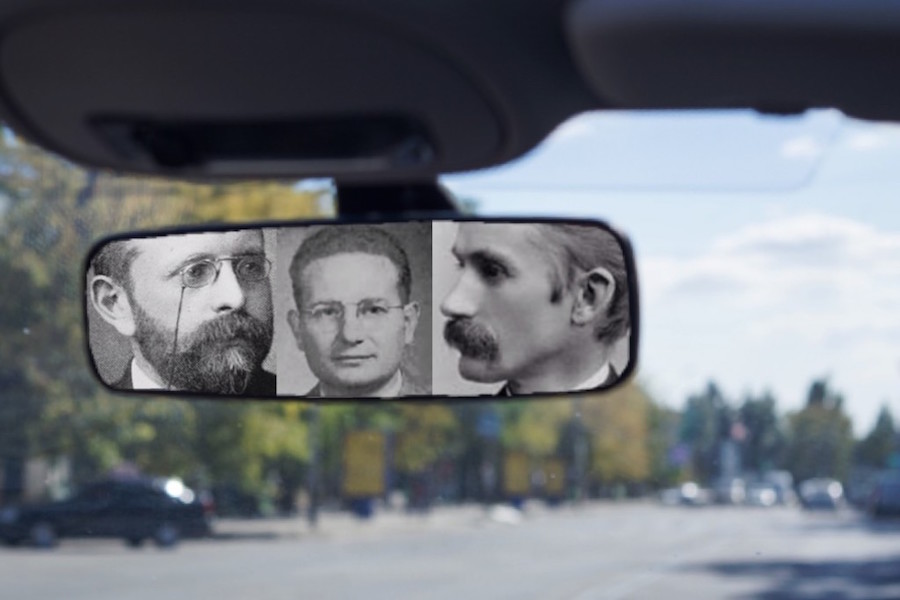Archival artifacts from the history of economics.
Thanks to an Institute for New Economic Thinking grant for my project “Origins of the Graduate Economics Canon in the United States”, I have been able to visit important archives at Chicago, Columbia, Duke, Harvard, the Hoover Institution, M.I.T. and Yale. In this archival work I have gathered enormous amounts of curricular material (e.g. students’ and professors’ notes, course syllabi, examinations) as well as information such as course staffing, departmental procedures, and Ph.D. requirements for several leading economics departments, pre-1950. Blazing an historical trail to follow the observed course taken in the evolution of the core graduate training of economists is necessary for no other reason that living witnesses to even the immediate post-war period are becoming increasingly scarce compounded by the fact that individual human memory decays. With this archival material collected for my project I can post the turns and trends as well identify key constellations of players and institutional structures that have led us to where we are today, namely, to an extraordinarily narrow conception of what a young economist needs to know in order to advance and apply the science of economics to significant problems. I am both honored and grateful that the Institute supported my proposed exploration into the history of economics.
To make some of the material I have gathered in the project available to the growing communities of economic historians and (my fellow) historians of economics, a few months ago I started up what I like to think of as a boutique content-blog: Economics in the Rear-View Mirror. In these first months of my blog I am focusing on getting a respectable stock of relevant “artifacts” prepared and presented online. Interpretative work and commentary will naturally follow, especially as questions are raised and suggestions are made in comments posted by future visitors.
A sample of what Economics in the Rear-View Mirror offers:
- “Antique” course reading lists, sometimes with links to the readings themselves(!) (e.g. Chamberlin’s 1938 reading list for Harvard’s graduate theory course Economics 101)
- Compilations of course information across programs (e.g. for 1898-99 we have a list that includes the overwhelming majority of graduate courses offered in economics and sociology in 23 graduate programs),
- Rules and regulations to receive a Ph.D. in economics (e.g. for Harvard 1897-98 );
- The schedule of speakers in the legendary Fiscal Seminar run by Hansen and Williams at Harvard at which a who’s who of economics were to appear in the years 1937-44.
Coming attraction to Economics in the Rear-View Mirror will include a collection of reference resources: lists of Ph.D.’s in economics awarded by Chicago, Columbia and Harvard together with annual course staffing for over a half-century. The pragmatic linear nature of a succession of blog postings will become less important once I shift gears to curate the collection of “artifacts” for those stumbling upon Economics in the Rear-View Mirror in the future following a particularly serendipitous web-search. I look forward to visits by other members of the greater Institute community and friends. If you like what you see, please be generous in your tweets and links to Economics in the Rear-View Mirror.




